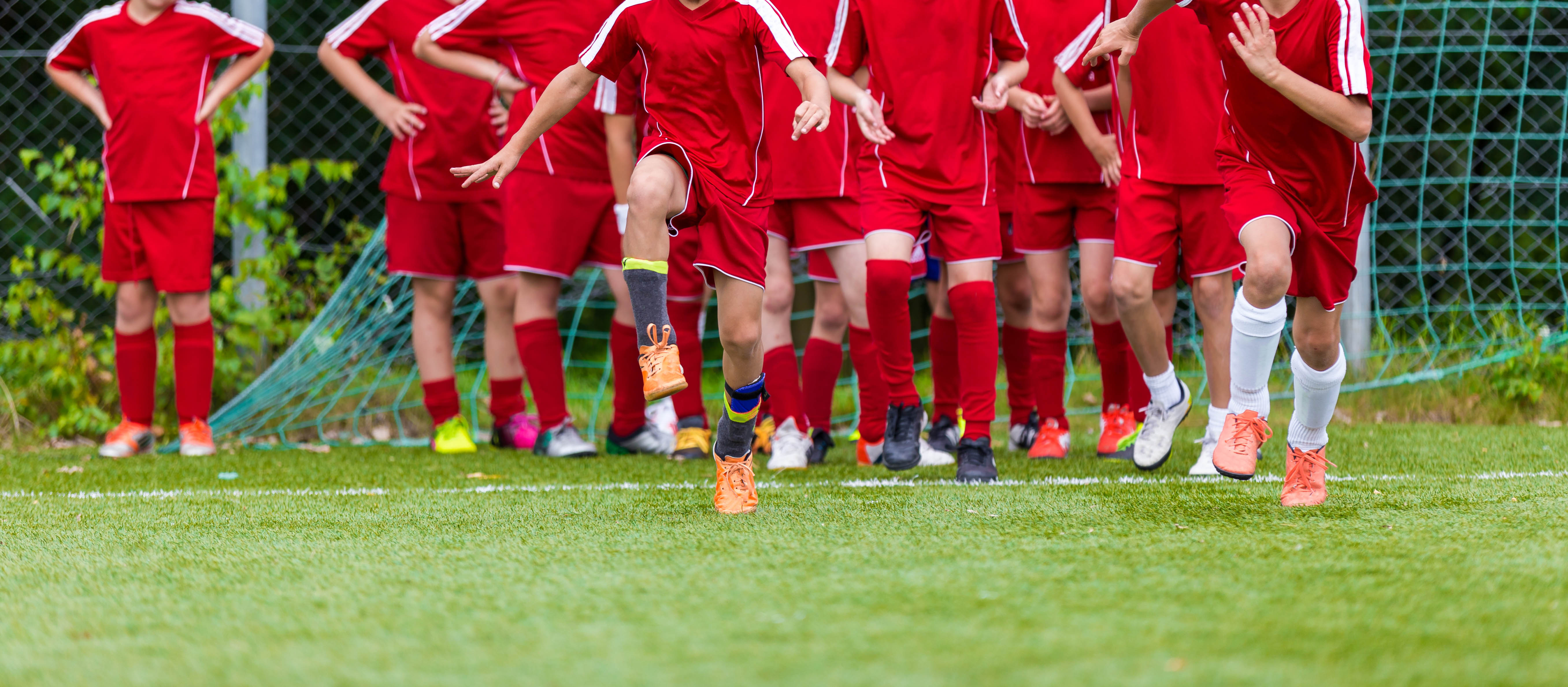How Should a Beginner Train for Soccer?

Strong 8k brings an ultra-HD IPTV experience to your living room and your pocket.
Starting soccer for the first time can feel overwhelming — but it doesn’t have to be. Whether you're a young athlete stepping onto the field or an adult new to the sport, building a strong foundation is key. we believe in structured, science-backed approaches to soccer training for beginners that are fun, effective, and tailored for long-term development. This guide will walk you through how a beginner should train for soccer in 2025, including physical conditioning, skill-building, and the right mindset to succeed on and off the field.
Why Soccer Is Great for Beginners
Soccer is a globally loved sport — and for good reason. It builds agility, coordination, teamwork, and cardiovascular health. Unlike other sports, you don’t need expensive equipment or a gym membership to get started. All you need is a ball, space, and the right plan. Whether your goal is to play competitively or just have fun, soccer offers a path to personal growth and peak performance.
Step-by-Step Soccer Training for Beginners
1. Start with Basic Ball Control
Before you dive into fancy drills, get comfortable with the ball. Work on:
• Dribbling with both feet
• Passing to a wall or partner
• Trapping and stopping the ball
• Turning and changing direction
Spend 15–20 minutes each day on these basics. The goal is muscle memory — not perfection.
2. Build a Strong Fitness Foundation
Soccer demands endurance, speed, and strength. Incorporate beginner-friendly fitness activities like:
• Jogging or interval running (3x per week)
• Bodyweight exercises (push-ups, lunges, squats)
• Agility ladder or cone drills
Consistency matters more than intensity in early stages. Focus on form and recovery.
3. Develop Soccer-Specific Skills
As part of your soccer training for beginners, start learning position-based skills. Whether you want to defend, score goals, or control the midfield, focus on:
• Tactical awareness (watch pro matches to observe)
• Shooting technique
• Defensive footwork
• Positioning and spacing
Training with a coach or joining a beginner soccer clinic (like the programs at Strong High Performance) can fast-track your progress.
4. Play Small-Sided Games
Nothing replaces real game experience. Playing 3v3 or 5v5 games helps:
• Improve decision-making under pressure
• Build communication skills
• Boost confidence
These games are also great cardio and give instant feedback on what you need to work on next.
5. Prioritize Recovery and Injury Prevention
Beginners are prone to overtraining, which can lead to burnout or injury. Always include:
• Stretching and cool-down routines
• Hydration and sleep
• Rest days (1–2 per week)
Wearing proper footwear and warming up before training are non-negotiables.
Bonus Tips for Beginner Soccer Success in 2025
Use Tech to Track Your Progress
There are countless 2025 apps and wearables that can help you monitor speed, distance, heart rate, and technique. Tools like GPS trackers or smart soccer balls make training more measurable and fun.
Train with a Purpose
Every session should have a clear focus. Avoid mindless drills and instead train with intent. For example, “Today I’m improving my left-foot control.”
Find a Mentor or Join a Program
A knowledgeable coach accelerates development and prevents bad habits. we tailor our soccer training for beginners to each player’s age, goals, and skill level.
Common Mistakes Beginners Should Avoid
• Skipping fundamentals – Master basics before complex moves.
• Training too hard, too fast – Build gradually.
• Neglecting the mental side – Confidence and mindset matter.
• Not asking for feedback – Constructive input helps you grow.
What to Eat Before and After Soccer Training
Nutrition plays a huge role in how you train and recover. Beginners often overlook this, but fueling your body right can drastically improve performance.
Before Training
• Eat a light, balanced meal 60–90 minutes before training.
• Focus on carbs for energy (e.g., bananas, oatmeal, whole grain toast).
• Stay hydrated throughout the day.
After Training
• Refuel with protein and carbs within 30–60 minutes post-workout.
• Great post-training snacks: protein shakes, chicken wraps, Greek yogurt with fruit.
• Don’t forget to rehydrate with water or electrolytes.
Mental Tips to Boost Your Confidence on the Field
Soccer isn't just physical — it's mental too. As a beginner, developing confidence and focus can separate you from others at your level.
Build a Positive Mindset
• Use positive self-talk before games or drills.
• Set realistic goals (“I will complete 20 accurate passes today”).
Stay Focused During Training
• Avoid distractions like phones or social media during practice.
• Visualize success: picture yourself completing a perfect pass or scoring.
Learn from Mistakes
• Every missed shot or misstep is an opportunity to grow.
• Keep a journal of what you learned each week to track your mental and physical progress.
Conclusion:
The best time to start is now. Whether you're 7 or 37, the soccer journey is about progress — not perfection. With smart training, dedication, and support, beginners can transform into confident players faster than ever before. we help beginners turn passion into performance. Our proven programs for soccer training for beginners are built for modern players who want to learn the right way from day one.
Note: IndiBlogHub features both user-submitted and editorial content. We do not verify third-party contributions. Read our Disclaimer and Privacy Policyfor details.


